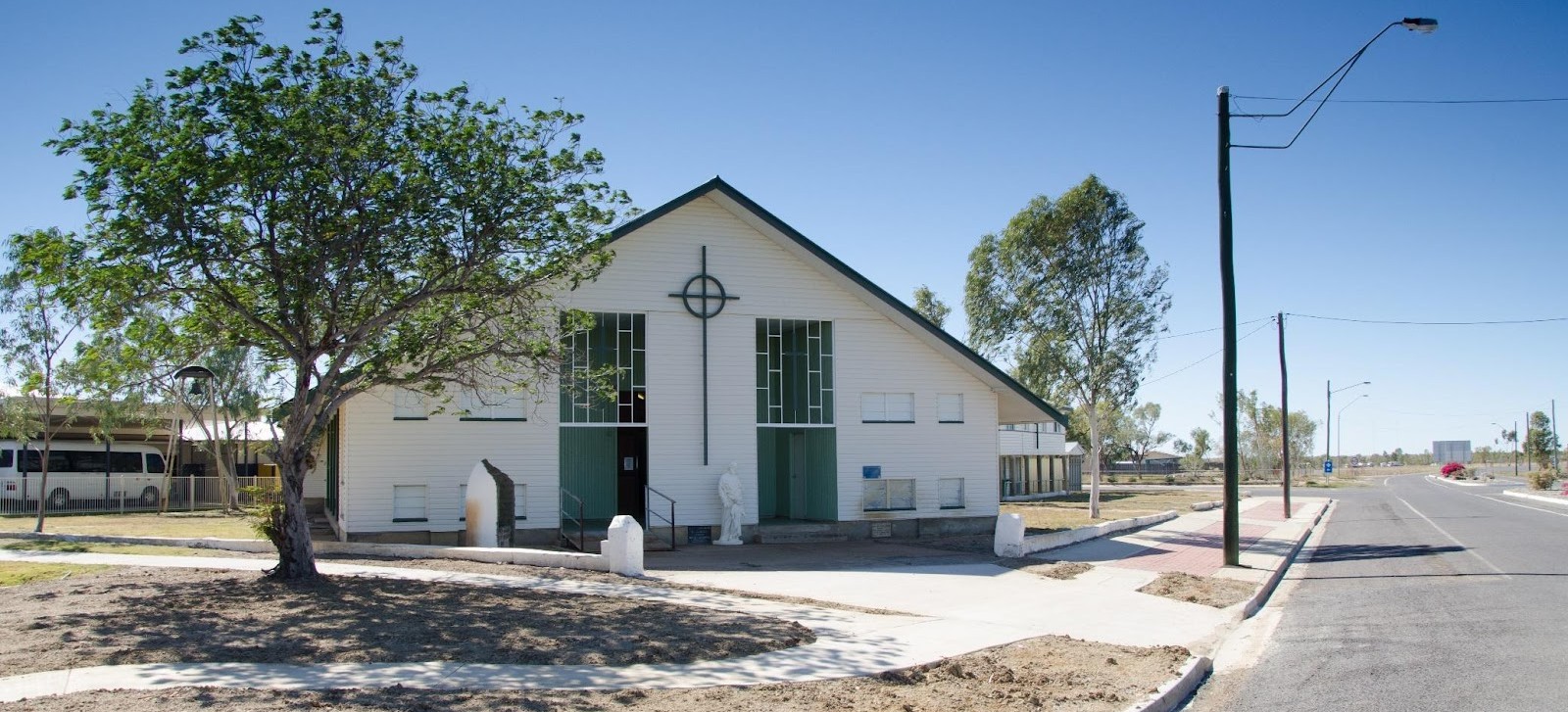Qualities and Skills Required Of A Lay Leader
National Liturgical Council

For the community of faith, Sunday worship is at the heart of Christian life. When faced with fewer opportunities to celebrate Sunday Mass, Sunday Celebrations in the Absence of a Priest, in some circumstances, may be authorised by the local Bishop. The parish community, with support, will undergo a period of catechesis and make the preparations needed. One significant part of this preparation is to discern and train suitable lay leaders so that communities can continue to gather faithfully on the Lord's day and listen to the Word of God.
The call to leadership of the liturgy requires deep commitment, reverence for the Word of God, confidence in leading the prayer of the worshipping community, and a way of living that gives witness to the gospel. This call is one of mutuality in that it means collaborating with all those who are called to the various liturgical ministries, so that the celebration of the liturgy is truly an enriching and faith-filled experience for the people of God.
DISCERNMENT OF LAY LEADERS
Choosing and forming people for this ministry requires careful discernment. Some initial considerations relate to the qualities and skills that are needed for ministry. Suitable Lay leaders will display:
- Some existing skills that can be developed
- A sense of prayerfulness, both personal and liturgical
- A deep love of the Word of God
- A strong commitment to the community
- A desire to serve
- A willingness to undergo appropriate training
The Lay Leader will also:
- Be a fully initiated member of the faith community
- Be parishioner of good standing
- Be responsible and reliable
- Always prepare well
- Be able to communicate and collaborate with others
- Demonstrate pastoral sensitivity
KNOWLEDGE AND UNDERSTANDING
Understanding the liturgy and the importance of the participation of all who gather is essential for lay leaders of the liturgy. For a lay leader, this understanding would include:
- Knowledge of the liturgy; its rites, structure and symbols
- Familiarity with liturgical books and texts
- The principles of liturgical prayer
- Scriptural, theological and ecclesial dimensions of the liturgy.
Additional training and expertise is required of those who preach or gain authorisation to lead the funeral or marriage rites.
PREPARATION
Lay leaders require good preparation in order to lead liturgy well. They would need to:
- Be familiar with the rite and texts and also with the assembly, other ministers, space, objects, movement
- Prepare all texts including introductions and explanations
- Rehearse words, movement, gestures and the use of liturgical objects in the church
- Collaborate with other ministers involved
PRACTICAL SKILLS
Lay leaders will need technical skills to assist with communication and movement. Practical skills include:
- Public speaking
- Knowledge of appropriate postures: standing and sitting require grace and style
- Awareness of the impact of body language and eye contact
- Able to handle liturgical objects with care and reverence: for example, while carrying the ciborium
- Signify movements and gestures that encourage the assembly to pray. These include:
- Processing
- Sitting and standing
- Profound bowing, kneeling, genuflecting
- Inviting the assembly to pray
OTHER IMPORTANT ELEMENTS OF LAY PRESIDING
- The leader should be clearly seen and heard at all times during the liturgy when leading.
- The lay leader of liturgy does not use the presidential chair, which is reserved for the ordained minister. (Sunday Celebrations in the Absence of a Priest 40)
- It is inappropriate to lead prayer from the altar. Since the altar is the table of sacrifice and of the paschal banquet, its only use in this celebration is for the rite of communion, when the consecrated bread is placed on it before communion is given. (Sunday Celebrations in the Absence of a Priest 40)
OTHER LITURGICAL MINISTERS
Lay leaders collaborate with other ministers in the liturgy. This reflects the nature of the celebration and the need for each to take their proper part in the liturgy. Other liturgical ministers include:
- Ministers of the Word who proclaim the scriptures (including the gospel)
- Lay preachers and those who offer a simple reflection on the Word of God
- Music ministers who lead sung prayer
- Those who announce the petitions in the Prayer of the Faithful
- Extraordinary Ministers of Holy Communion
- Sacristans and Greeters
The Constitution on the Sacred Liturgy reminds us that:In liturgical celebrations each one … should do all of, but only those parts which pertain to that office by the nature of the rite and the principles of liturgy. (SC 28)
